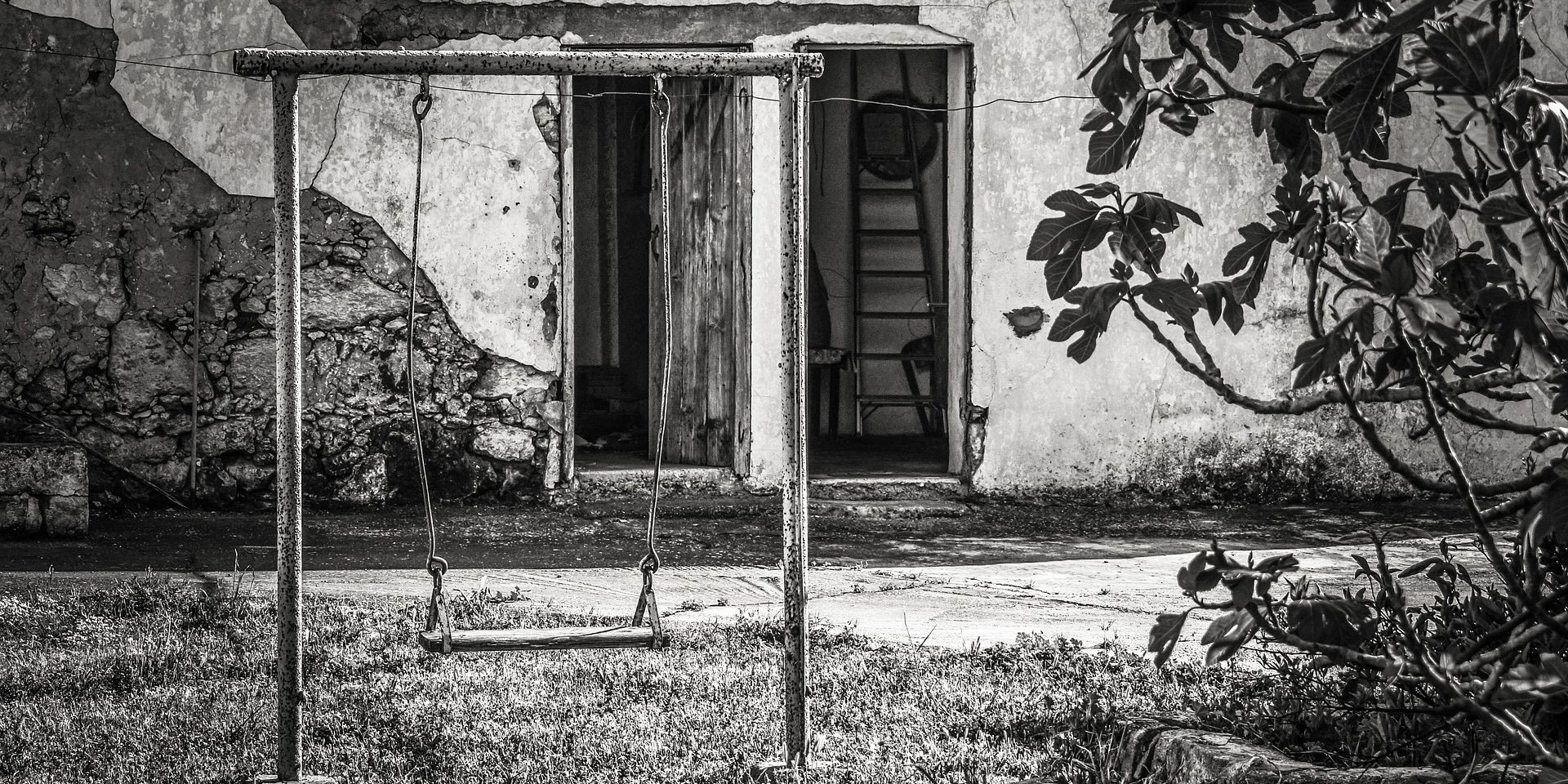I grew up the second child of Bob and Mary Hanaman, on Argall Avenue in Beloit, Wisconsin. My sister, Marianne, was 3.5 years older than myself. Argall Avenue was a street filled with all kinds of neighbors. Two people I thought were married were but siblings living together. Five families had children near my age but younger than my sister. Three of these children were Nancy Dickson, Tom Plunkett and Bill Bronzi. None of the parents were college educated, most had finished high school. Both Italian and English could be heard in our neighborhood.
My mom was a stay at home mom until I entered middle school. She then entered the secretary force at First Methodist Church, then with the Beloit School Administrator’s Office, and finally at both middle and high school offices until retirement.
My father worked as a patrolman at Fairbanks Morse, a large Beloit factory. He and other men provided security for the factory in shifts around the clock. He had one semester of college but had to drop out during the depression.
During my elementary days my neighborhood school was nearly all white, as I remember. Both middle and high school had both White and Black students.
My father was very prejudiced towards black people (called Negros, or worse, at the time). When I was about 10, my dad and his younger brother, Jens (called Duke), were sitting at our dining room table. They were talking about Black people, using the term that begins with “n” and ends with “r”, in both Beloit and Blue Island, Illinois, where my uncle lived. I remember standing before both men and said, “I didn’t want to hear you use that term.” It was only much later that I reflected on that time and my comment to both my dad and uncle. They did not say, “You don’t talk to us like that”, nor tell me to “leave the room”. Instead, after that, I don’t remember they used that term in my presence.
While in high school, I was part of the local Masonic Order for boys, called DeMolay. The Order for girls was called Rainbow. One weekend the Masons sponsored a dance at the Masonic Temple for DeMolay boys and Rainbow girls. Each could bring a “date”. One of the girls invited a Biracial boy to our dance. Early that next week, all the youth – DeMolay and Rainbow – were gathered in the same room. The Masonic leadership said, “That will never happen again.” The “that” was not defined, but we all knew it meant Black or Biracial persons were not welcome in our White Masonic events. We were further told, “Since there was a Black Masonic Order in town, they didn’t need to come to our events.”
Later while attending Simpson College, the Simpson College Choir was on tour through northern Illinois and Wisconsin. Their tour included Beloit. My roommate, Don Hamen, was among those in choir. Since coming to Beloit, I asked my parents to host Don and the other house companion. They agreed. Then I discovered that Don’s partner was Bobby Jones, the one Black student. I again contacted my parents, saying it would be difficult for them – and for me at school – if they said now they couldn’t house the Black student. After some consideration including talking with one of their pastors, they did agree for both Don and Bobby to stay at our house.
I grew up – probably most of us grew up – with racial bias toward others different from ourselves. So, bigotry was always part of the life that surrounded me. It has taken me a long time to say that I am racist. But I am learning.
Since the birth of our first two grandchildren, Adrianna – now 20 ½, and Adyara now 19 – Biracial beautiful compassionate, loving, patient, welcoming, and open young women, I have grown even more.
Our world is too small to place walls between others and ourselves. Skin color is just that, skin color. We are all part of the human race. Some of us speak Korean, Thai, Russian, French, Italian, English –as well as other languages – but we all love. Others of us are Gay, Undocumented, Bisexual, Married, Agnostic, Divorced, Atheist, Widowed, Catholic, Single or Protestant – yet we all know pain, disappointment, loss as well as joy. I believe it is time that we open our eyes, minds, hearts, and lives so we can greet others as neighbors, friends, as human beings.
- Dale Hanaman 2018
